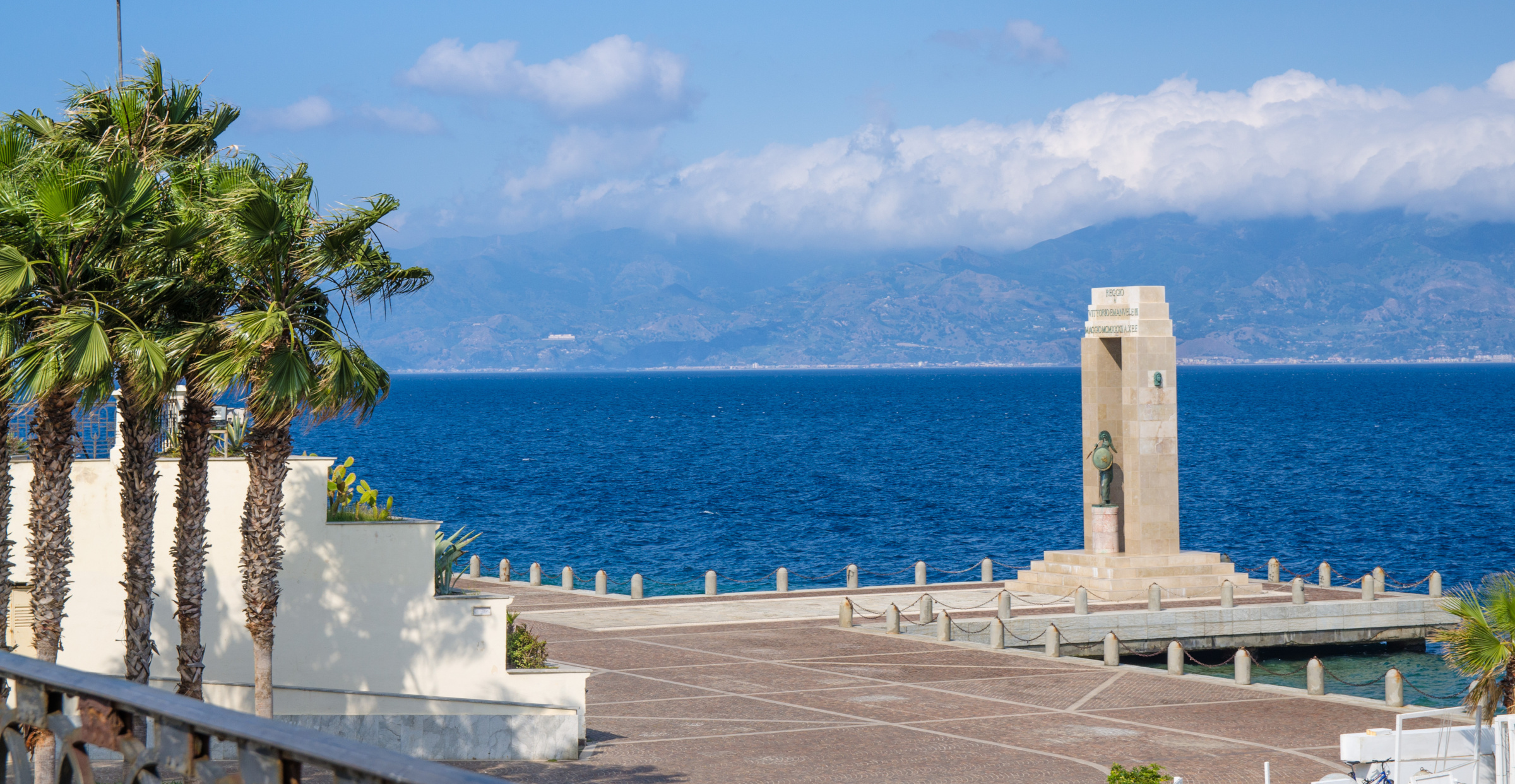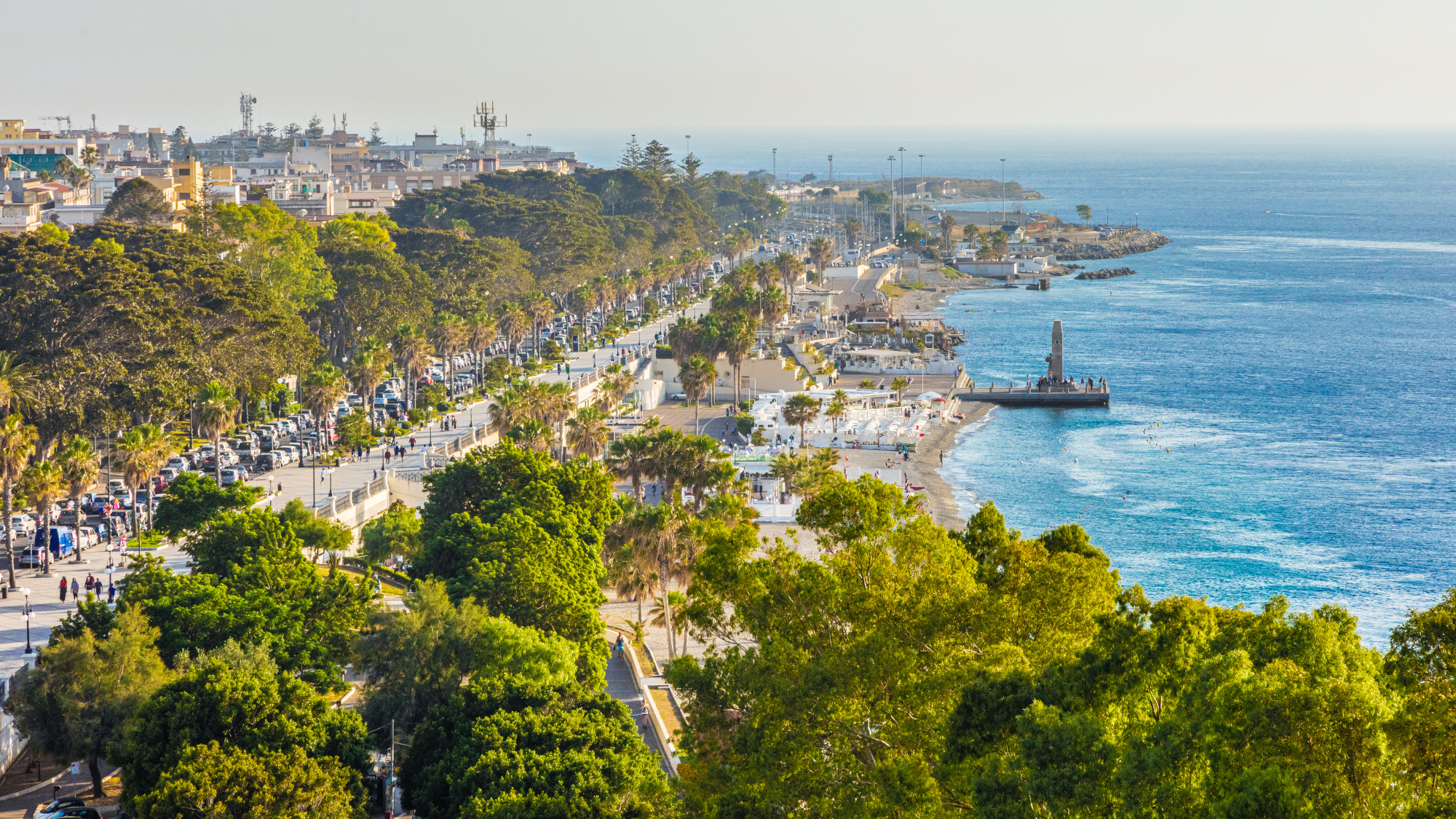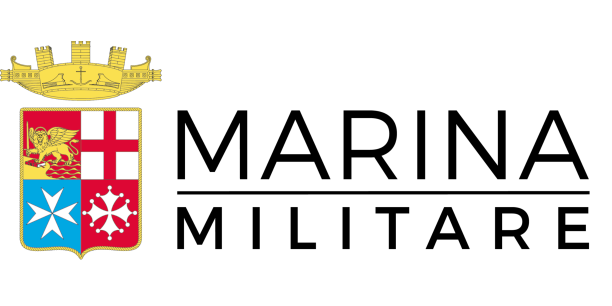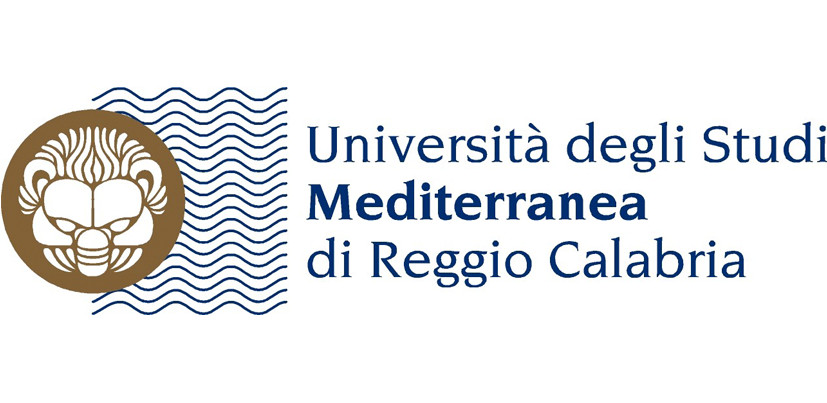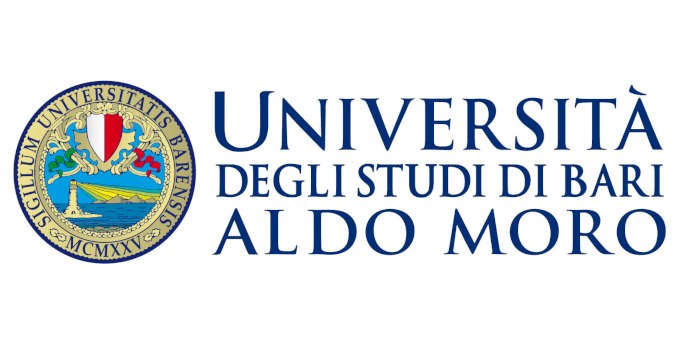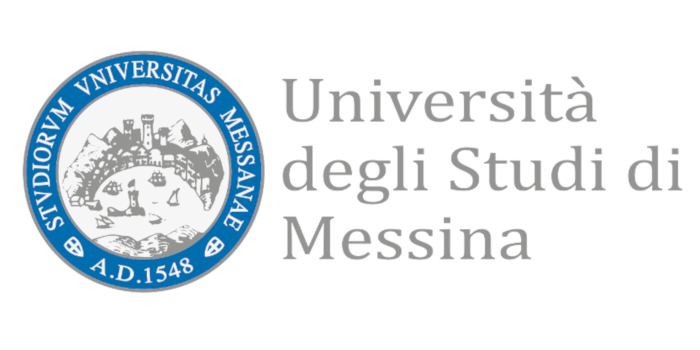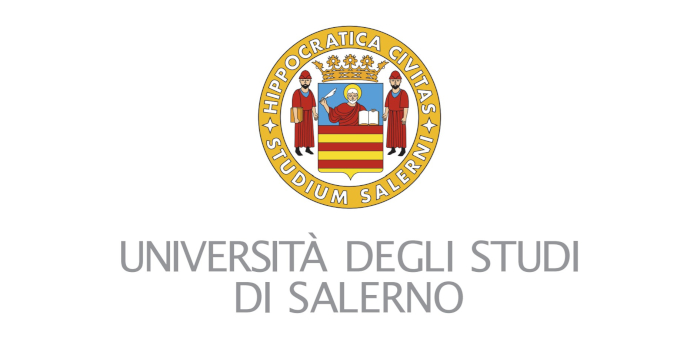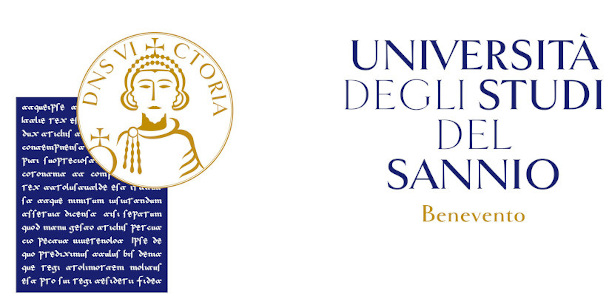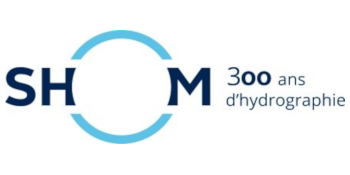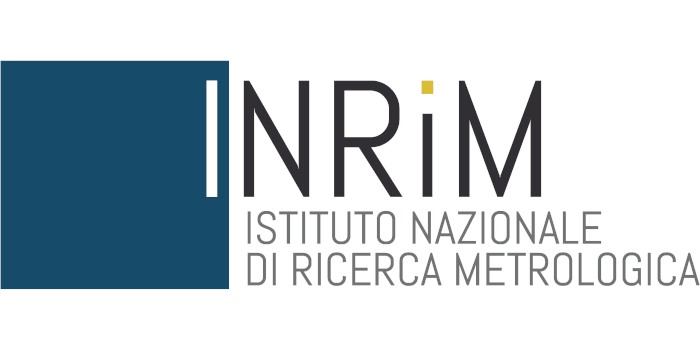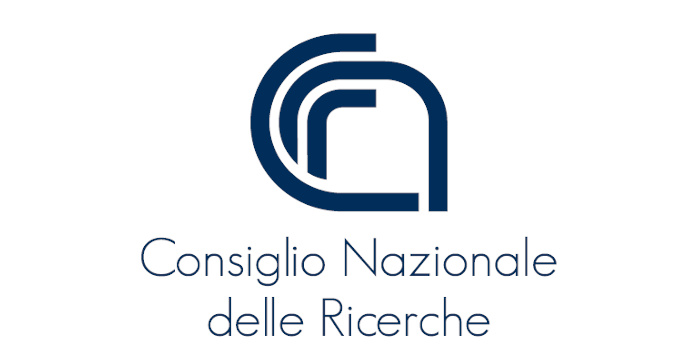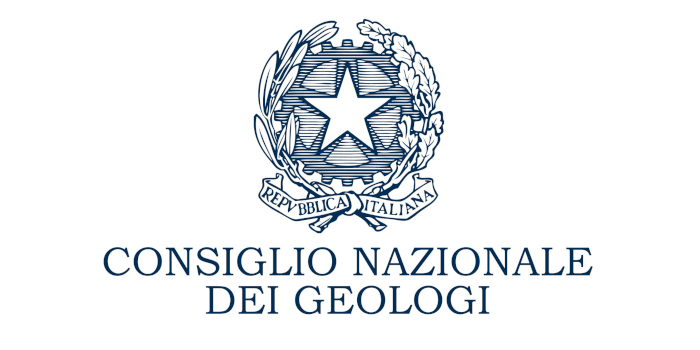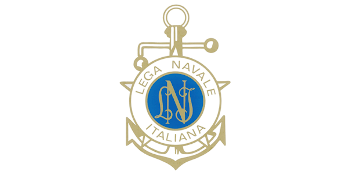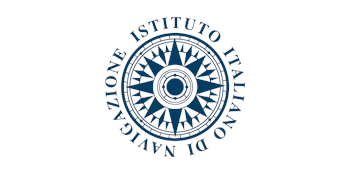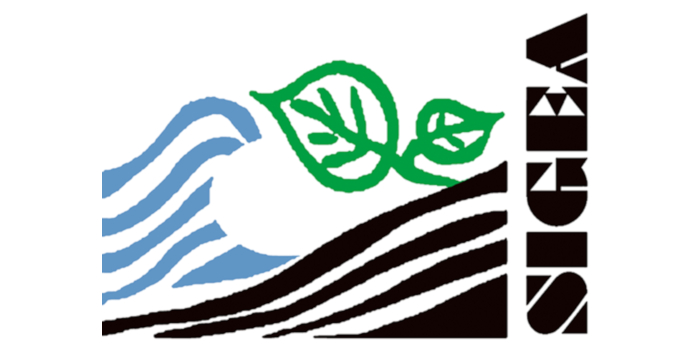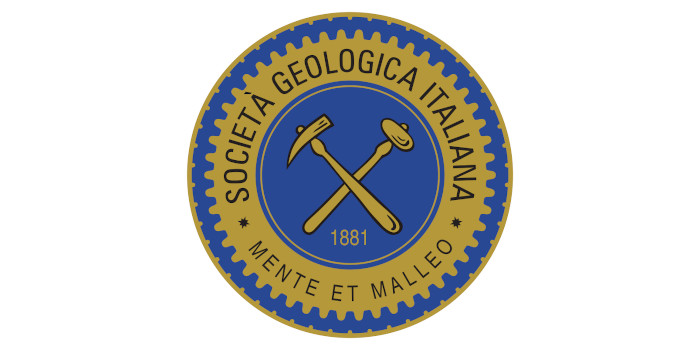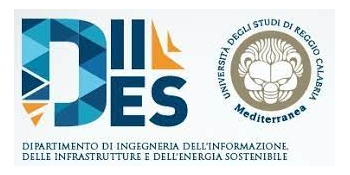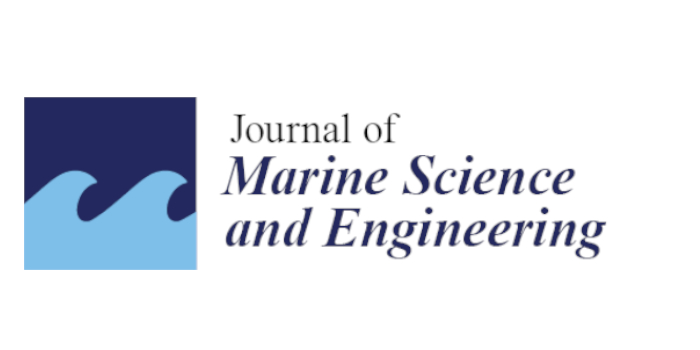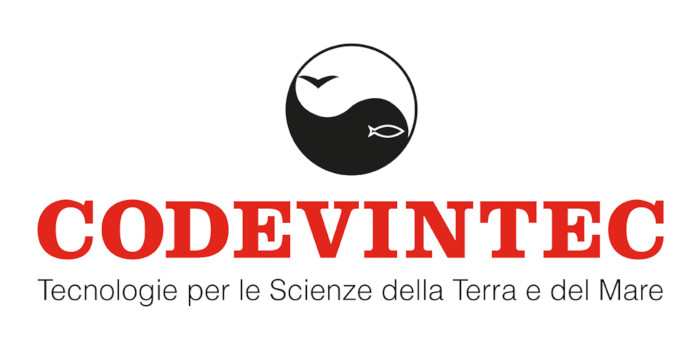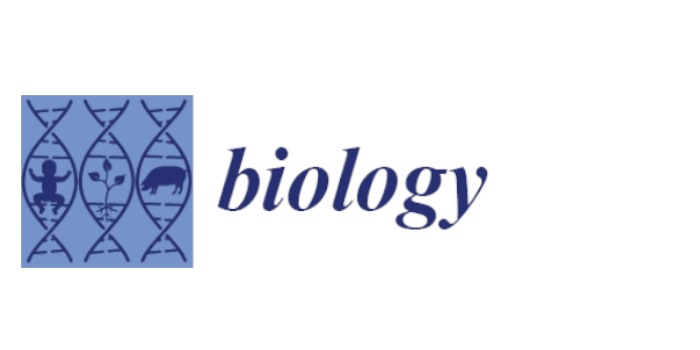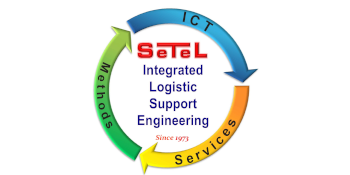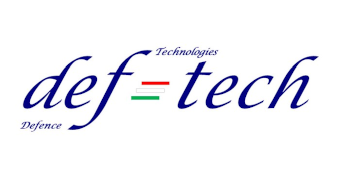Technical applications, current challenges and future perspectives for the mitigation of fishery and aquaculture impacts on marine ecosystems
ORGANIZED BY
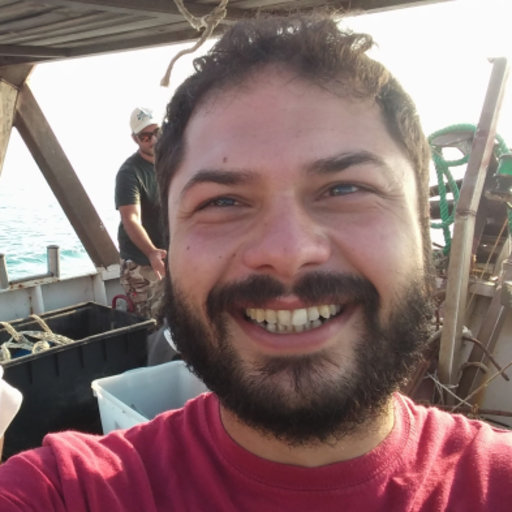
Pasquale Ricci
CoNISMa, Department of Biology, University of Bari
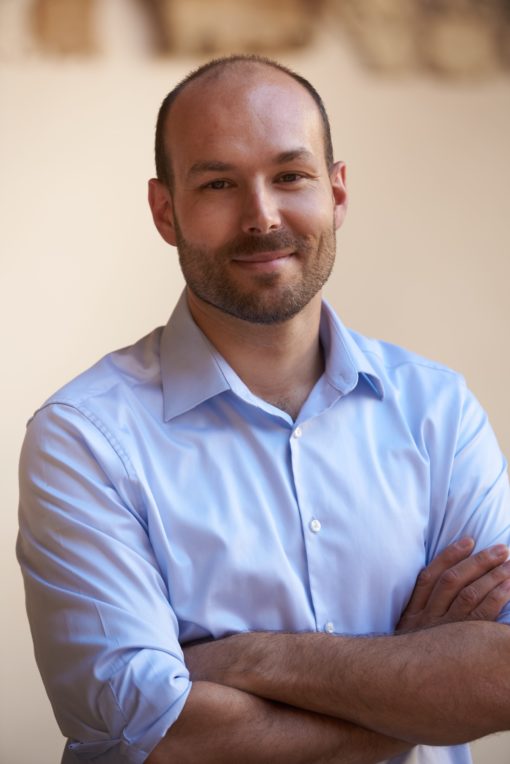
Nicola Trivellin
Department of Industrial Engineering, University of Padova
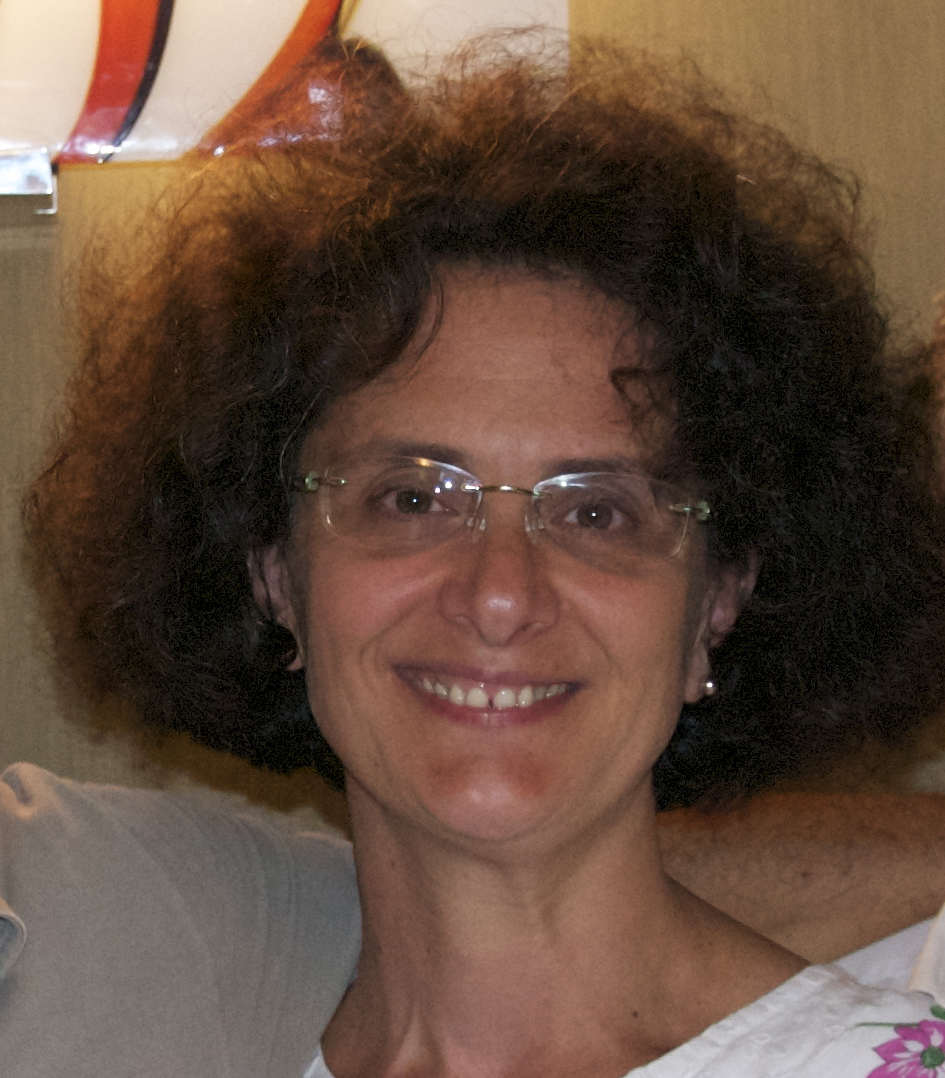
Antonella Petrocelli
Water Research Institute of National Research Council in Italy - IRSA CNR
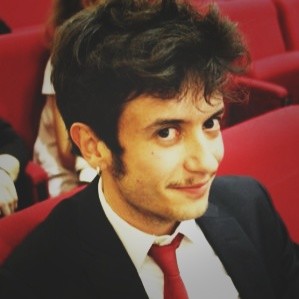
Giuseppe Denti
Water Research Institute of Nation Research Council - IRSA CNR
ABSTRACT
The Goal 14 “Life below water”, as part of the 2030 Agenda for Sustainable Development of the United Nations, aims to harmonise the environmental, social and economic aspects of living aquatic resources to ensure equitable benefits for communities. In this framework, the development or the adaption of new approaches and technologies addressed to increase the sustainability of fishery and aquaculture production is a crucial challenge, which involves several research fields from ecology to engineering. For example, better methods and technologies of catching fish and integrated multitrophic aquaculture (IMTA) are possible approaches to make marine fish food consumption more sustainable.
This special session aims to collect contributions on the application of technologies able to mitigate fishery and aquaculture impacts; as well, studies on fishery and aquaculture footprint on marine resources and ecosystems are welcome.
- Reduction of plastics materials for fishery and aquaculture systems
- New technologies for fishing activities
- IMTA for the prevention of aquaculture impact
- Circular economy with fishery and aquaculture by-products
ABOUT THE ORGANIZERS
Pasquale Ricci holds a Ph.D in Environmental Science and his main research interests are the ecological modelling applied to the food web dynamics and fishing impacts, as well as the assessment of cetacean-fishery interactions in the Northern Ionian Sea. He collaborates with the Ecology team of the Department of Biology (University of Bari) for the data collection and analysis aimed at the fishery stock assessment in the Ionian and Adriatic Sea. He has (co)-authored more than 25 scientific publications in congress proceedings, national and international ISI journals and he is a reviewer for international ISI journals.
Nicola Trivellin is assistant professor (RTdB) at the department of industrial engineering, University of Padova. He graduated in Electronic Engineering in 2007, and achieved a PhD in Information Science and technonologies at University of Padova. During its PhD he completed his research as a visiting student at the Laboratory of advanced semiconductor for photonics and electronics at Ecole Politechnique Federale de Lausanne (CH). His research interest are the compound semiconductor device characterization and reliability analysis, the development of industrial application based on optoelectronic technologies and innovative measurement techniques. He is author of 75 papers and has obtained the national scientific habilitation as associate professor (SSD ING/INF-01).
Antonella Petrocelli is a biologist, engaged as a Researcher at the Water Research Institute of National Research Council in Italy. Her research interests cover all the phycology aspects from taxonomy to applied phycology, with research activities in the field of non-indigenous species, use of marine biomasses in circular economy, seaweed cultivation, reducing plastic impact in mariculture, seaweeds as bioremediators from nutrient abatement to CO2 fixation. She collaborated in several research projects on sustainable aquaculture. She co-authored more than 100 scientific papers on international and national journals and conference proceedings.
Giuseppe Denti is marine biologist holding a Master degree in Coastal and Marine Biology and Ecology obtained at the University of Salento (Italy) and a Master degree in Aquaculture obtained at the University of Las Palmas de Gran Canaria (Spain). He is currently working as Research Assistant at the Water Research Institute of Nation Research Council. Mainly, his research interest is addressed to sustainability in aquaculture. He collaborated to scientific projects aimed to reduce the environmental impact of aquafeeds and to promote diversification of aquatic production exploiting species whose production protocols resulted in a lower footprint, notably operating with the Integrated Multi-Trophic Aquaculture (IMTA) approach.
